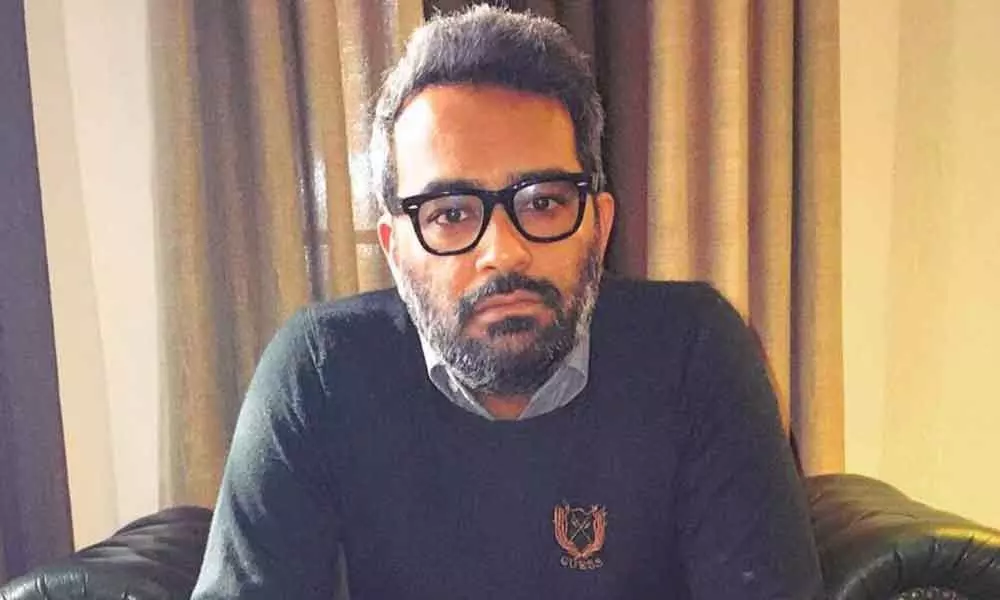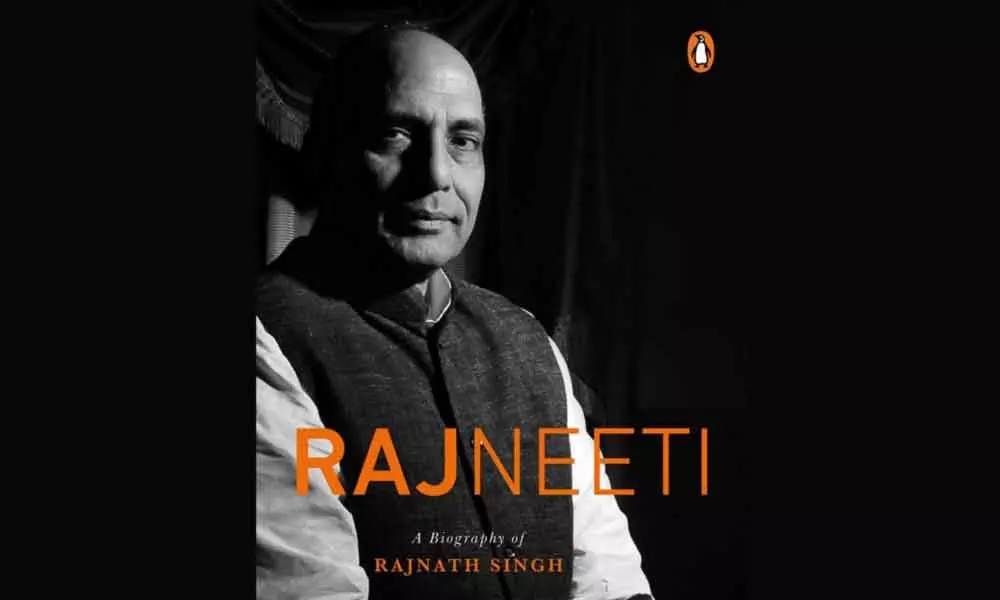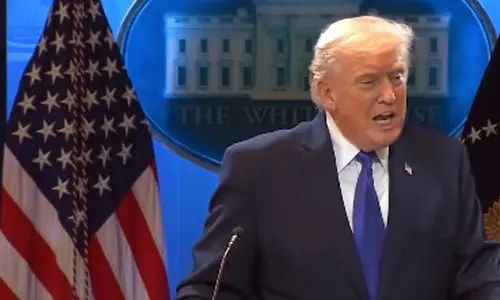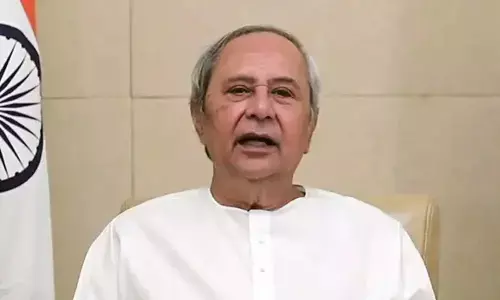A political tell-all
Drawing from a vast amount of research and in-depth interviews, Gautam Chintamani’s engaging narrative in Union Defence Minister Rajnath Singh’s biography reveals how this leader never shied away from doing the right thing…
At the regional training centre of the Central Reserve Police Force (CRPF) lay the mortal remains of 40 soldiers slain in the Pulwama attack by Pakistan-based terrorist organisation Jaish-e-Mohammad in February, draped in the tricolour when India's Home Minister arrived to pay tributes.
After observing a two-minute silence as a mark of respect for the departed souls whose supreme sacrifice had left the nation shocked, the Home Minister surprised everyone through a gesture that was both unprecedented and heart-warming.
He helped carry the coffin of a slain CRPF jawan, which was perhaps the only instance of its kind in India's history. Mentioned in the prologue to the book 'Rajneeti', a biography of Rajnath Singh the then India's Home Minister and now its Defence Minister.
The above incident reveals the compassionate side of a man whose external demeanour is that of a tough and stern politician known for his brevity and elusiveness.
The book penned by film historian and author Gautam Chintamani traces the trials and tribulations, victories and triumphs of a politician, who lived by his ideals and loyalty to the saffron party in a political firmament known for shifting stands and temporary values.
The title 'Rajneeti' may seem presumptuous says the author, who however justifies it stating that viewed against Rajnath Singh's own quotation it is more relevant than ever. "Rajneeti mein 'neeti' hai. Toh aneeti kyon?" Rajnath Singh asks. Clearly, this is a question not many of his fellow politicians can either ask or answer.
Born, the youngest of seven children in a farming family in Uttar Pradesh's Chandauli district Rajnath Singh's steadfastness and commitment are attributed to the values instilled by his freedom fighter father Ram Badan, who despite being an avid reader aware of political developments kept away from politics.
We are told the story of a leader, who never lost his support base or changed his ideas to retain power and this is woven into India's history over five decades.
Readers are given a glimpse into the political developments from Shyama Prasad Mukherjee's resignation from Nehru's cabinet through various phases of metamorphosis undergone by the saffron party, its stints in power and the resounding victory in 2014 and the subsequent election.
Rajnath Singh's entry into the political arena from a 'swayam sevak' in the Rashtriya Swayam Sewak Sangh (RSS) to the Chief Minister of Uttar Pradesh, Cabinet Minister in the Vajpayee government, two time stints as national president of the BJP and the spectacular victory for BJP under Narendra Modi are all chronicled with attention to detail.
The emergency period during which Rajnath Singh, who was president of the Bharatiya Janata Yuva Morcha was jailed and lost his mother remain one of the poignant moments in the narrative.
Although there could have been more anecdotes to provide relief from the tedium of chronicled events, the book as a documentation of events and sketch of a politician, who inspires awe and respect impacting major decisions in the country is an interesting read.












